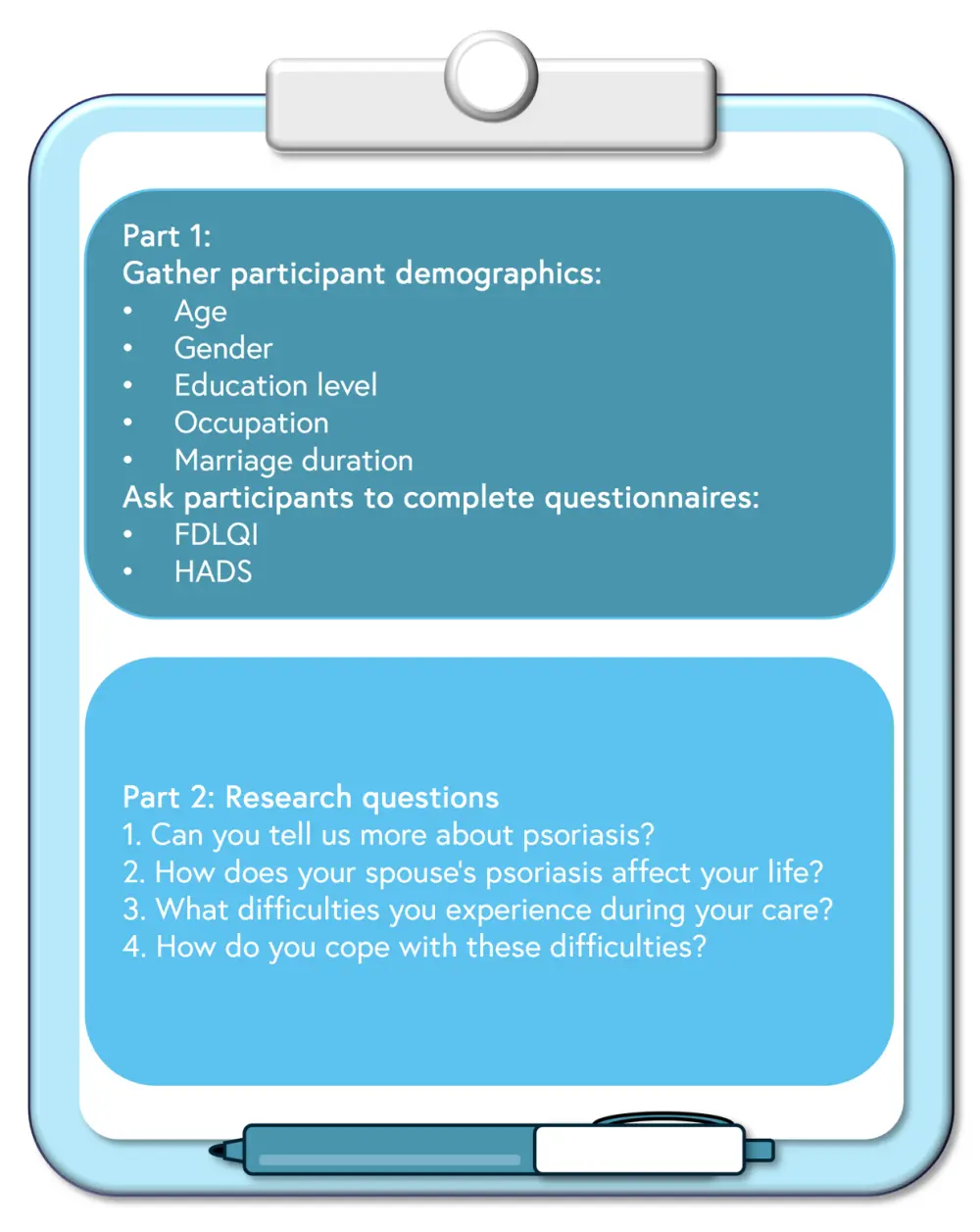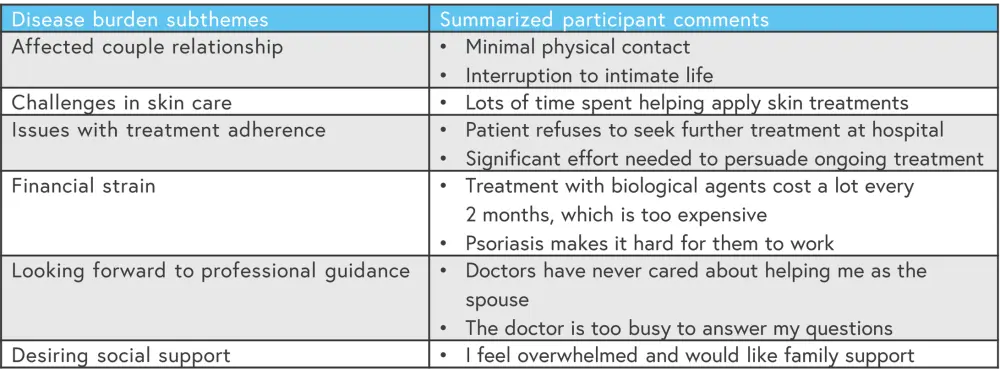All content on this site is intended for healthcare professionals only. By acknowledging this message and accessing the information on this website you are confirming that you are a Healthcare Professional.
The pso Hub website uses a third-party service provided by Google that dynamically translates web content. Translations are machine generated, so may not be an exact or complete translation, and the pso Hub cannot guarantee the accuracy of translated content. The pso and its employees will not be liable for any direct, indirect, or consequential damages (even if foreseeable) resulting from use of the Google Translate feature. For further support with Google Translate, visit Google Translate Help.
The PsOPsA Hub is an independent medical education platform, supported by educational grants. We would like to express our gratitude to the following companies for their support: UCB, for website development, launch, and ongoing maintenance; UCB, for educational content and news updates. Funders are allowed no direct influence on our content. The levels of sponsorship listed are reflective of the amount of funding given.
Now you can support HCPs in making informed decisions for their patients
Your contribution helps us continuously deliver expertly curated content to HCPs worldwide. You will also have the opportunity to make a content suggestion for consideration and receive updates on the impact contributions are making to our content.
Find out more
Create an account and access these new features:
Bookmark content to read later
Select your specific areas of interest
View psoriasis and psoriatic arthritis content recommended for you
Caregiver burdens and coping strategies of spouses of individuals with psoriasis
Psoriasis can cause psychological and social burdens for patients, their families, and their caregivers.1 This burden can be especially felt by spouses, who are often the primary caregiver and may face unique challenges in supporting the patient.1
Here, we summarize a qualitative study by Wu et al.1 published in the Journal of Multidisciplinary Healthcare on the burden faced by and coping strategies of spouses of individuals with psoriasis.
Study design1
-
A total of 15 participants were recruited from the Department of Dermatology at Shanghai Skin Disease Hospital between November 2022 and March 2023.
-
Patients were eligible for inclusion if they were married to an individual with psoriasis and lived with them.
-
Data were collected through patient interviews, which collected sociodemographic information, and data on coping strategies (Figure 1).
Figure 1. How data was collected*

FDLQI, Family Dermatology Life Quality Index; HADS, Hospital Anxiety and Depression Scale.
*Data from Wu, et al.1
Key findings1
-
Participants had an average age of 50.2 years, and the majority were female (66.67%).
-
The mean Family Dermatology Life Quality Index (FDLQI) was 18.4. 60% and 66.67% of patients scored higher than 7 on the anxiety and depression subscales of the Hospital Anxiety and Depression Scale (HADS) respectively.
-
The study identified 3 main themes:
-
-
overwhelming disease burden;
-
lack of support system; and
-
coping strategies.
-
-
Participants were interviewed and gave comments on disease burden (Figure 2) and their coping strategies.
-
Coping strategies included active or passive acceptance of the situation, avoiding disease-related problems, proactively acquiring disease knowledge, actively confronting the disease, and altering behavioral habits.
Figure 1. Participant opinions on disease burden*

*Adapted from Wu, et al.1
|
Key learnings |
|
References
Please indicate your level of agreement with the following statements:
The content was clear and easy to understand
The content addressed the learning objectives
The content was relevant to my practice
I will change my clinical practice as a result of this content
Your opinion matters
On average, how many patients with psoriatic arthritis do you see per month?

